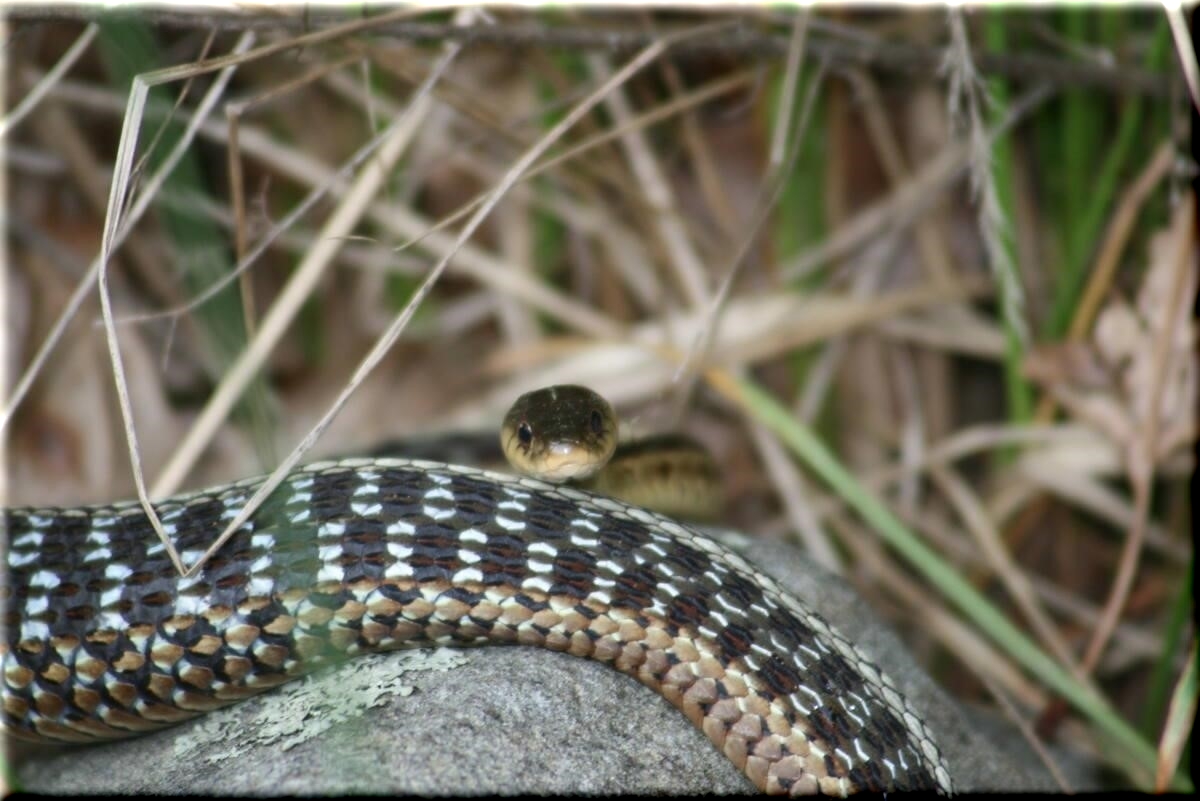Garden
How to Keep Garden Snakes Away: Understanding Their Habits and Effective Prevention Methods
Garden snakes, those slithering creatures that often appear in our gardens, can be a source of both fascination and concern. While these non-venomous snakes play a valuable role in controlling pest populations, their presence can be unsettling for many gardeners. This article will help you understand garden snakes and their habits, then delve into practical and effective methods for keeping them away from your beloved green spaces.
Understanding Garden Snakes and Their Habits
To effectively deter garden snakes, we first need to understand their behaviors and what attracts them to our gardens. Garden snakes are typically slender and non-venomous, with a variety of colors and patterns depending on the species. You’ll often find them in moist, shady areas like leaf piles, rock gardens, and dense vegetation, where they can easily find shelter and hide from predators. Garden snakes are carnivores, primarily feeding on insects, rodents, amphibians, and occasionally small birds. This makes our gardens a tempting buffet for them.
Preventing Garden Snakes from Entering Your Garden
The best approach to keeping garden snakes away from your garden is to make your property less attractive to them in the first place. By taking the following steps, you can significantly reduce the chances of encountering these slithering visitors:
Eliminating Food Sources
Garden snakes are attracted to areas where they can easily find food. Controlling rodent populations, such as mice and voles, is essential. This might involve using traps, sealing entry points to your home, and keeping pet food indoors. Similarly, reducing insect populations can make your garden less appealing. Regularly inspect your plants for signs of infestation and use natural pest control methods if necessary.
Eliminating Water Sources
Snakes require access to water, just like any other animal. Cover your swimming pool at night, clean your gutters to prevent water pooling, and ensure there are no standing water sources in your yard. This will not only discourage snakes but also limit mosquito breeding grounds.
Removing Hiding Spots
Snakes love to hide in cool, dark places. Removing potential hiding spots, such as leaf piles, overgrown vegetation, and piles of rocks or logs, will make your garden less hospitable.
Sealing Entry Points
Snakes can slither into even the smallest crevices. Seal any holes in your fence, walls, or foundation, and repair any cracks around your home’s siding and windows. This will prevent snakes from entering your home or finding refuge in your garden.
Using Repellents to Deter Garden Snakes
While prevention is crucial, you can also use repellents to deter garden snakes.
Natural Repellents
Many gardeners prefer natural repellents, which are generally considered safer for humans and pets. Planting strong-smelling herbs and flowers, such as garlic, onions, peppermint, marigolds, wormwood, and rosemary, can help create an environment that snakes may find unpleasant. You can also use essential oils like cinnamon, clove, and cedarwood, either diluted in water and sprayed around your garden or in a diffuser.
Chemical Repellents
Chemical repellents, such as sulfur and mothballs, are sometimes used to keep snakes away. However, these repellents can be harmful to pets and wildlife, and their effectiveness is debated. Consider the potential risks before using chemical repellents in your garden.
Utilizing Physical Barriers and Predators
Physical barriers and predators can be effective in keeping snakes away.
Installing Snake-Proof Fencing
Installing snake-proof fencing can create a physical barrier that prevents snakes from entering your garden. This type of fencing typically consists of wire mesh buried underground and extending several inches above ground level. It’s a more permanent solution but can be expensive.
Inviting Natural Predators
Encouraging natural predators can also help keep snake populations in check. Birds of prey, such as hawks and owls, are natural snake predators. You can attract these birds by providing perches and nesting boxes in your garden. Raccoons, opossums, and even larger snakes can also prey on smaller garden snakes.
FAQ
Are garden snakes beneficial to my garden?
Yes, garden snakes are beneficial because they help control insect and rodent populations that can damage plants.
What should I do if I encounter a garden snake?
The best thing to do is to give it space and let it go on its way. Don’t try to catch it, and be careful not to step on it.
Is it safe to use mothballs as a snake repellent?
No, mothballs are toxic to humans, pets, and wildlife. They can also pollute the soil and water. It’s not recommended to use them as a snake repellent.
What should I do if a garden snake is in my house?
If you find a snake in your house, it’s best to contact a professional snake removal service.
Conclusion
Keeping garden snakes away from your garden involves understanding their habits and creating an environment that is less appealing to them. By eliminating food sources, removing hiding spots, using repellents, and employing physical barriers, you can significantly reduce the chances of encountering these slithering creatures. As always, if you have any questions or want to explore more gardening topics, don’t hesitate to leave a comment or browse our website!



Leave a Reply